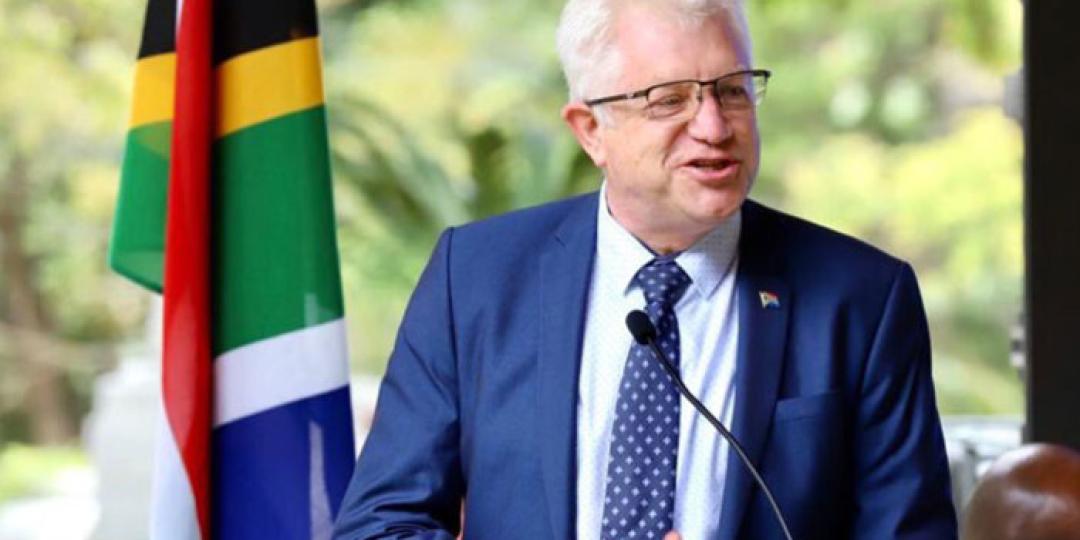During the President’s Coordinating Council (PCC) meeting yesterday (September 7), Western Cape Premier, Alan Winde, called for the National State of Disaster to be lifted and for a better COVID-19 management system to be implemented to reduce pressure on the economy and drive job creation.
“There should not be a one-size-fits-all approach to implementing restrictions, which is why I also called for a differentiated approach. Restrictions should be implemented in line with each provincial healthcare system’s ability to cope,” said Winde.
“We have learnt how to manage waves and have the capacity to do so at a provincial level. I also submitted that this must now be thought through and put in place before the fourth wave.”
Wine industry also wants provincial decision-making
Wine industry body, Vinpro – which represents the wine tourism sector, amongst others – has long been contesting the approach followed by Government to liquor ban restrictions within the Disaster Management Act.
“Since the start of this pandemic we have argued that the provinces, not National Government, should decide whether or not to impose liquor restrictions and should do so with reference to provincial circumstances, including the need to preserve capacity in trauma units in hospitals in the province,” said Vinpro MD, Rico Basson.
“We know provinces are affected differently by the pandemic, therefore we believe a differentiated approach in handling the crisis is needed to limit the economic impact of a lockdown.”
Its case regarding this was heard in the Western Cape High Court last month and judgement has been reserved.
‘Get the balance right’
Winde pointed out that South Africa needed to get the balance right for saving lives and livelihoods. “Our healthcare platform is stable, and we have exited the peak of the third wave. As we approach the summer season, we will continue to monitor our healthcare platform’s response closely, continue to roll out the province’s vaccine programme, monitor COVID-19 workplace safety protocols and promote adherence to non-pharmaceutical interventions.”
He added that the country needed to stop the “haemorrhaging of jobs”, which could be safely achieved as the healthcare system was stable.
“The recent Quarterly Labour Survey Results showed that between April 1, 2020, and June 30, 2021, 254 000 people lost their jobs due to the implementation of the lockdown. This is deeply concerning, and we must address it by reopening our economy,” emphasised Winde.
He said, to further support the economy, South Africa needed to implement an electronic vaccination system to show whether residents had been vaccinated or had conducted the necessary tests. “This will ensure that international tourists can travel to South Africa and that South Africans can conduct business abroad.
“I call on the National Government to look into digital alternatives to confirm vaccination status. This may include a cellphone application that could show whether citizens have been vaccinated and also record test results,” he added.
‘Open up events’
Winde said his submission to the PCC had included further reopening the economy and driving job creation, specifically related to major indoor events, sporting events, conferences and conventions.
“The cancellation of the World Cup Rugby 7s in Cape Town is just one example of why we need to reduce restrictions on major events. We need to allow spectators to visit our stadia and can safely do so by requiring proof of vaccination, alongside the necessary non-pharmaceutical interventions.”























